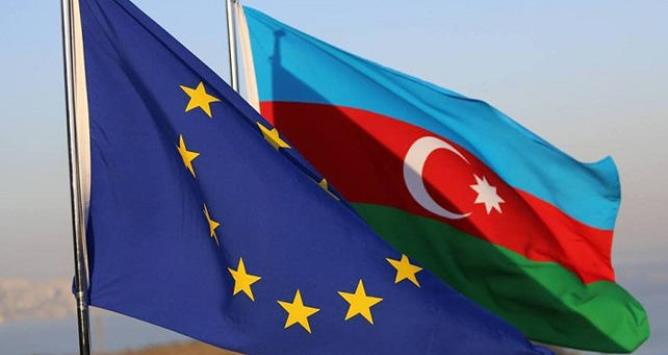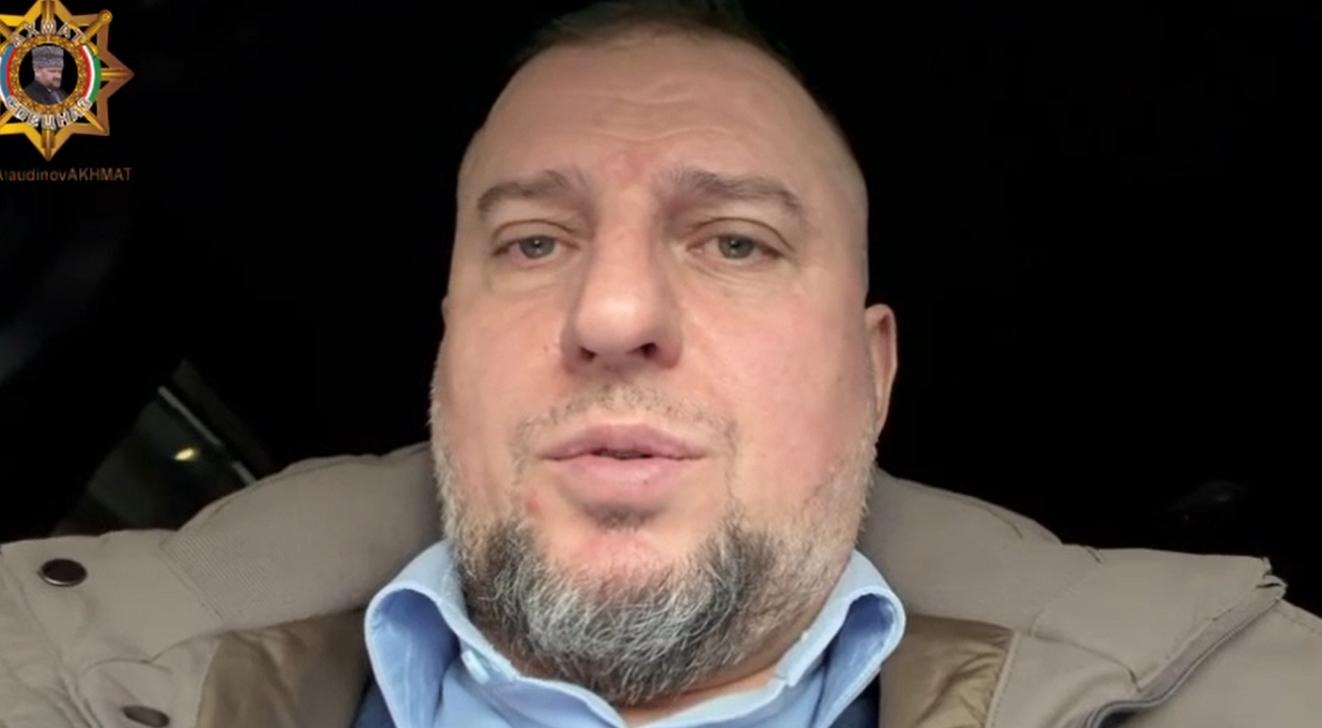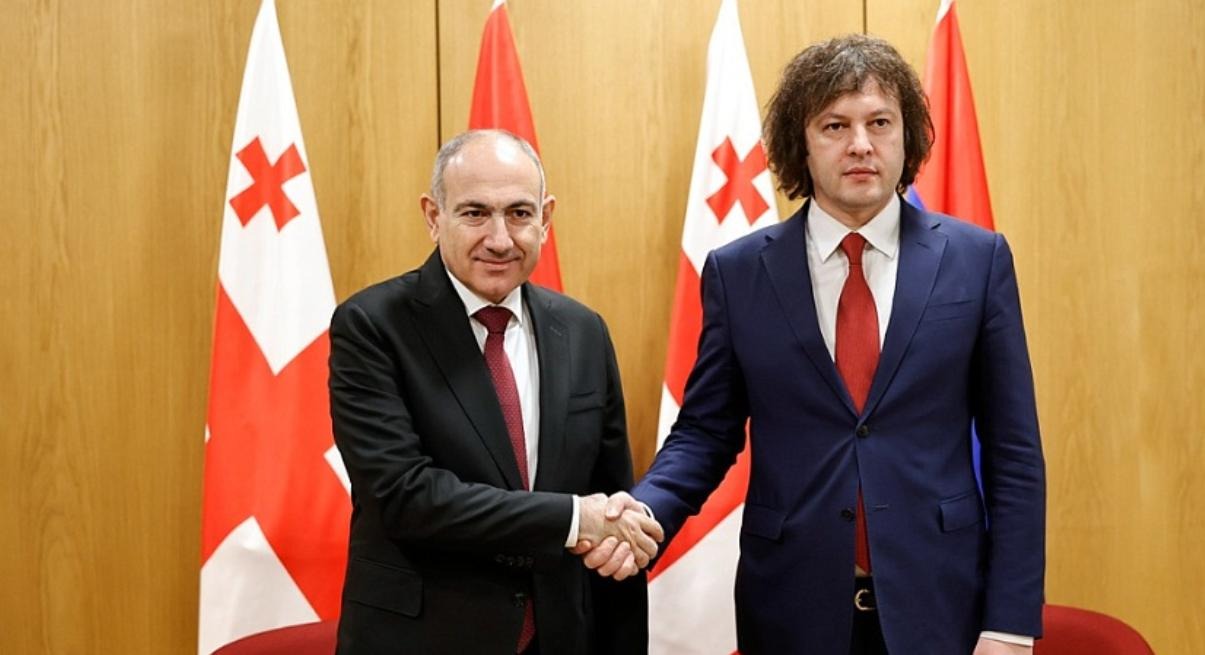According to the Council of Europe, Azerbaijan ranks first in Europe for the number of journalists arrested and convicted. At the end of 2025, the country had 36 such journalists—out of a total of 148 across the continent. Russia accounts for 32 repressed media workers, Armenia for two, and Georgia for one.

On November 3, the UN Human Rights Committee published a report on the situation in Russia, among others, noting the most significant cases of human rights violations in the North Caucasus. Among them are forced conscription to war, forceful suppression of anti-mobilization protests, abductions, torture, persecution of human rights activists and journalists, representatives of the LGBT community, “honor killings,” the practice of collective responsibility and female circumcision.
According to the human rights project OVD-Info, 12 Russian public organizations took part in the preparation of the report. The document was prepared for the 134th session of the UN Human Rights Committee, but since the Russian delegation did not take part in this session, and then in the 135th, a coalition of Russian public organizations prepared three alternative reports, supplementing and updating the data.
The report talks about amendments and new laws that seriously restrict human rights, attacks on fundamental freedoms, including freedom of speech, peaceful assembly, and religion; on the persecution of oppositionists and journalists, the liquidation of NGOs and the media. The report also contains recommendations to the Russian authorities, in particular, on revising the laws on “foreign agents” and “undesirable organizations” and eliminating penalties for “discrediting” the Russian army and “fakes” about it.
Attacks on human rights defenders
Separately, the report mentions an attack in February 2020 on journalist Elena Milashina and lawyer Marina Dubrovina, who came to Chechnya for a trial. The case of this attack remains uninvestigated, like many other similar crimes.
The UN Committee also expressed concern that the murderers of Natalya Estemirova, an employee of the Grozny office of the Memorial human rights center, remained unpunished. She was kidnapped in July 2009 in Grozny. Later, her body with traces of bullet wounds was found in Ingushetia. According to Estemirova’s daughter and colleagues, there was no adequate investigation. The European Court of Human Rights agreed with this.
Suppression of anti-war protests
UN Committee experts are also concerned about reports of the forced sending of men to military service in Ukraine and the harsh suppression of peaceful protests against mobilization in the North Caucasus.
A series of such rallies took place in Grozny, Makhachkala and other cities on September 22-26. Hundreds of administrative and dozens of criminal cases were brought against their participants. Some detainees reported torture by the police. At the same time, the Ministry of Internal Affairs of Dagestan did not see any violation in the actions of the policeman who hit the detainee in the face who did not offer resistance.
On September 28, the representative of the UN High Commissioner, Ravina Shamdasani, called on the Russian authorities to immediately release all those detained at protests in Makhachkala.
Reaction in Russia and Chechnya
The official representative of the Russian Foreign Ministry, Maria Zakharova, called the facts listed in the report insinuations of the “collective West” and accused the UN Human Rights Committee of “demonizing” the country and ignoring “cultural traditions and features of historical development.”
Chechnya also responded to the report. On November 16, at a meeting of the head of the republic, Ramzan Kadyrov, with representatives of the social sphere, Human Rights Commissioner Mansur Soltaev said that not a single case or statement related to human rights violations had been recorded in Chechnya.
When asked by Kadyrov which facts from the report of the UN Human Rights Committee correspond to reality, the Ombudsman stated that “not a single fact has been confirmed.”
“This is a clear provocation of information terrorists and foreign agents. These are the people who have been working for many years for foreign grants on the territory of the Russian Federation,” Soltaev added.
“No one will defend the rights of our people better than us. We ourselves know what our people want, and based on this we build our policy,” Kadyrov said.



